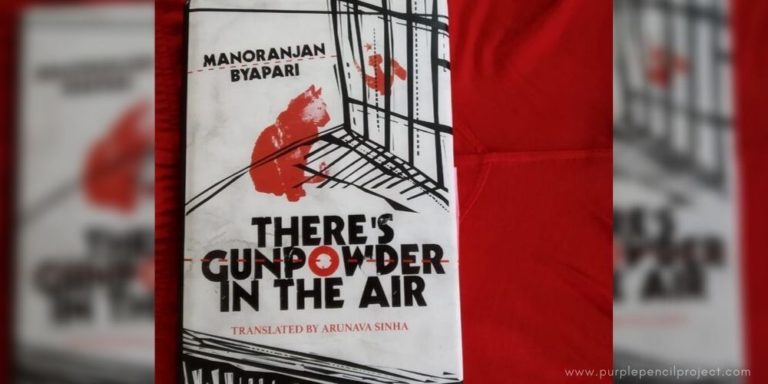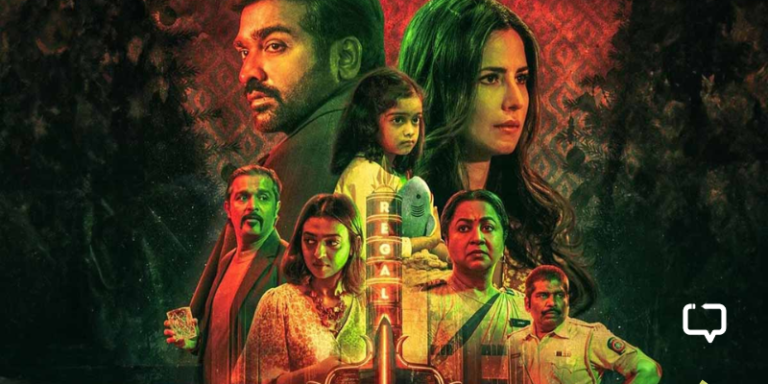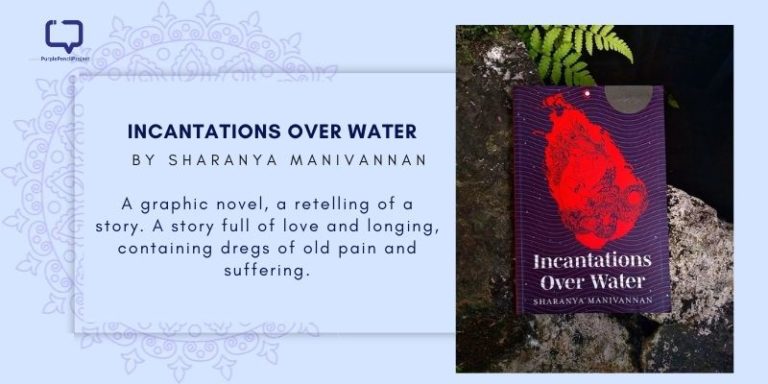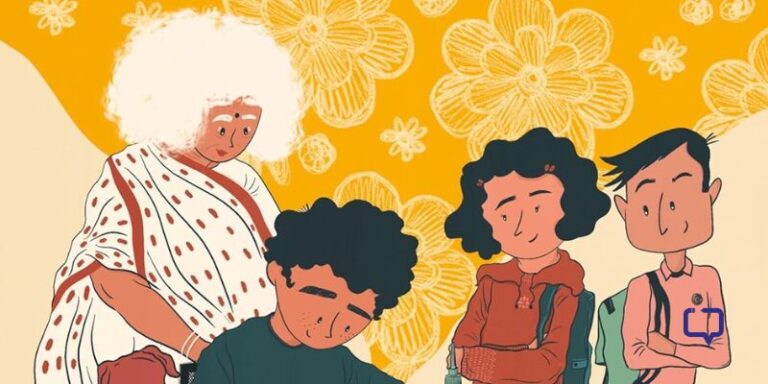Translated by O L Nagabhushana Swamy and Pranava Manjari
Chakori by Chandrasekhar Kambar, translated from Kannada by O L Nagabhushana Swamy and Pranava Manjari, is a stunning example of what can be achieved with a good mix of mythology and fantasy fiction. Engulfed with folklore and local myths from North Karnataka, Chakori gives us a magical tale of love, faith and the powers of music.
Then…
In Chakori – dreams act as a device to move the narration forward. Like mythological tales, it begins with an invocation of Lord Shiva and then proceeds to detail the origin of earth and life. In this case, this is the story of Adi Maya’s curiosity resulting in her perishing to the Great Darkness where a long wait turns her parts to various elements of earth and her rebirth as Punyakoti, the cow, into various species of life! The days and nights originate as a result of a search for Adi Maya by the Sun and the Moon (who become opposite clans) sent forth by Shiva.
“The swollen parts of Adi Maya’s body
Became the hills and mountains
Her perspiration and tears
Became the brooks, rivers and the drops of rain
Her breath became the winds
Thus the world of mortals
Was created.”
(PS: Think, The Silmarillion by J.R.R Tolkien)
Cut to now
To this Clan of Moon belongs Chandamutta who is born after several prayers and offerings to the Yakshi ( a goddess) in the household of Sirilakki of Shivapura. After the early demise of her husband, Lakkabbe brings up her son with utmost care and love.
Learning music from the guru of the clan, Chandamutta, the cowherd, plays the best flute in the village. A chance encounters with a stone statue while grazing his cows have him exchanging a garland with the Yakshi’s statue in lieu of marriage. It’s a harmless prank by his friends but has him enchanted and dazed for days.
A musical event at the temple festival leads to Chandamutta’s humiliation at hands of Jogti and his search for the perfect raga of moonlight. The rest of the book follows the tale of Chandamutta, his quest, and the secret of Yakshi – interspersed with themes of jealousy, a mother’s possessiveness and forbidden fruits.
Narration and book cover
Extremely lyrical and poetic, the translation flows beautifully, like the ebbs of rivers. Enchanting you into the world of mythical creatures, different worlds and beings, the book is hard to put down.
The personification of inanimate elements is characteristic of Kannada literature when narrating tales inspired by myths and folklore.
“In the beginning there was a forest…
By and by, life in the forest
Became dull;
Her eyes burning red with desire”
For instance, Girish Karnad‘s Nagamandala is narrated by ‘stories’ (or Kathe), Devanoora Mahavera’s Kusumabale where ‘deepa’ or light forms an essential part of narration – the same pattern continues here with the narration by ‘ dreams’.
The personification sheds a third-person point of view breathing life into the characters in a truly intimate way.
The book cover is beautifully illustrated by Jayakumar G to depict an event in the book where a mythical deer comes out from the moon. ‘Chakori’ – the title refers to a mythical bird only rendered when the musical notes enchant the universe.
Conclusion
If you enjoy mythological or fantasy fiction this would be a perfect read. Excellently translated, poetic and lucid, it pleasantly surprised me. The translation, in particular the use of poetry, adds a magical touch.
Best Quotes
Achievement is a curse and fame can be another. The desire for fame had given birth to jealousy.
He made the notes of the flute flow like rivers
And we swam like little fish
Caught in the current, in the swirl of the pool, Where could we find the bank?
The notes of the flute, like a net,
Try to catch the mysteries of the unknown depths.
Like the artist, Art too is in search of the proper.
We searched for each other
I found you
You found me.





















